
Question and Answers Forum
AllQuestion and Answers: Page 511



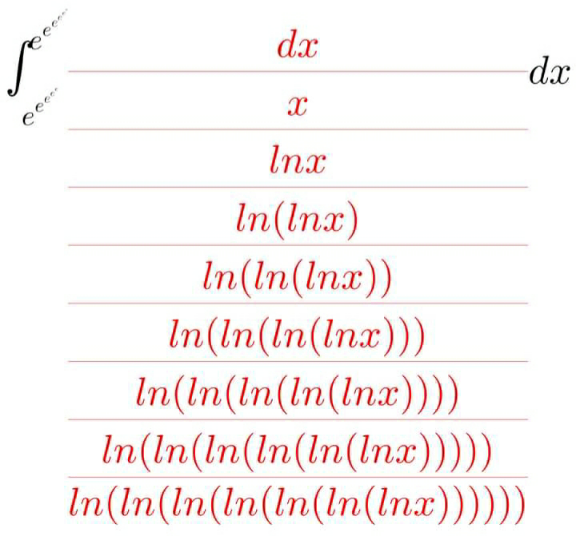

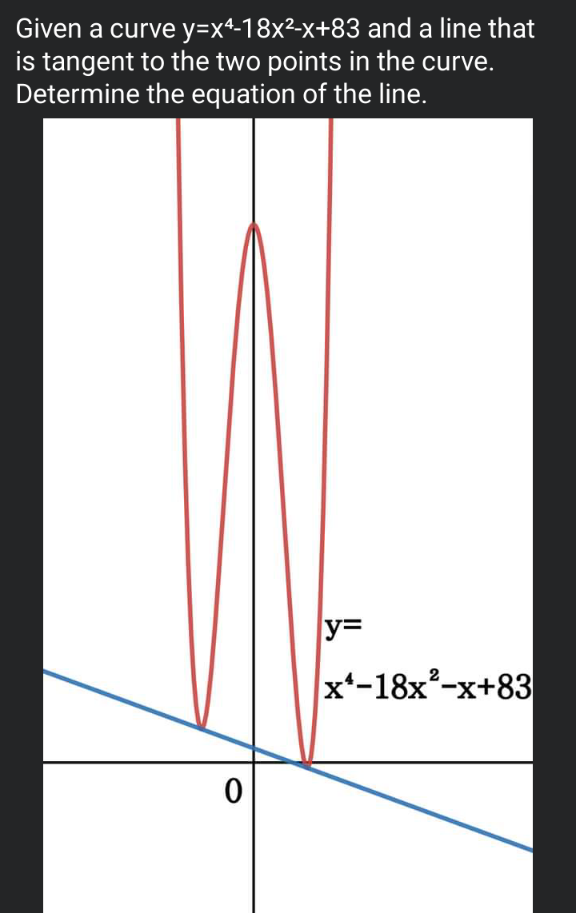





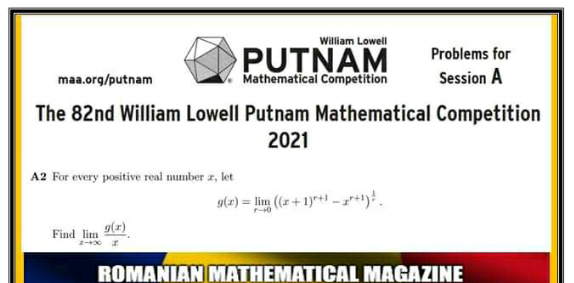
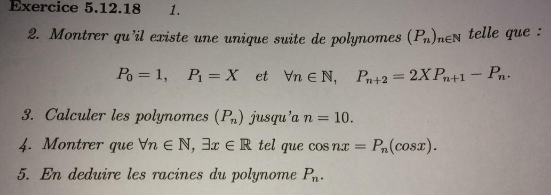


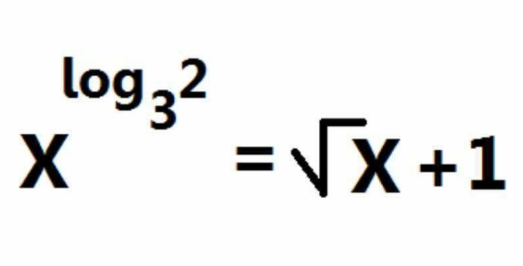
Pg 506 Pg 507 Pg 508 Pg 509 Pg 510 Pg 511 Pg 512 Pg 513 Pg 514 Pg 515
|
Question and Answers Forum |
AllQuestion and Answers: Page 511 |
| 𝛗 =∫_0 ^( ∞) (( e^( −x^( 2) ) .ln( x ))/( (√x))) dx=λ Γ((1/4)) λ=? ■ |

|
| Ω=∫_0 ^( 1) ((( x^ )/(ln^ ( 1−x ))))^( 2) dx=^? ln ((( 27)/(16)) ) −−−− |
| Find: 𝛀 = ∫_( 0) ^( 1) (x^3 /(ln^2 (1 - x))) dx |
| Prove that: ∫_( 0) ^( (𝛑/2)) (xcotx ∙ lncos^2 x + ln^2 cosx)dx = (π^3 /(24)) |

|

|

|

|

|
| Prove that: ∫_( 0) ^( (𝛑/2)) ((e^(cos 2x) ∙ sin(x + sin 2x))/(sin x)) dx = ((πe)/2) |

|
| let a;b;c≥0 and a+b+c=3 prove that: ((a - 1)/( (√(b + 3)))) + ((b - 1)/( (√(c + 3)))) + ((c - 1)/( (√(a + 3)))) ≥ 0 |

|

|

|

|

|

|
| Given: x.p(x−1)=(x−5).p(x) and p(−1)=1. Find p((1/2)). |

|

|
| #combinatorial mathematics# In how many subsets of 10 members of the set , { 1, 2, ..., 20 } is there no difference between two members of 5 ? a: 2^( 10) b : 3^( 5) c : 2^( 8) d: 10^( 4) |

|
| I = ∫_0 ^( ∞) (( tan^( −1) (x ))/(( 1+x^( 2) )^( 2) )) dx = ? −−−−−−−−−− |
| if y = x + (1/(x+(1/(x+(1/x)._._._._. )))) find y^′ |
Pg 506 Pg 507 Pg 508 Pg 509 Pg 510 Pg 511 Pg 512 Pg 513 Pg 514 Pg 515 |